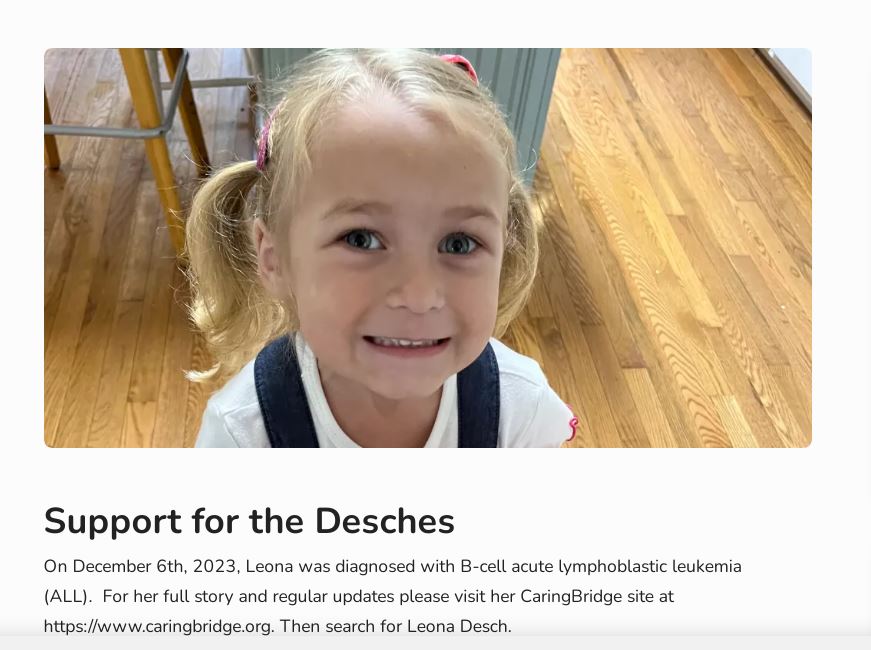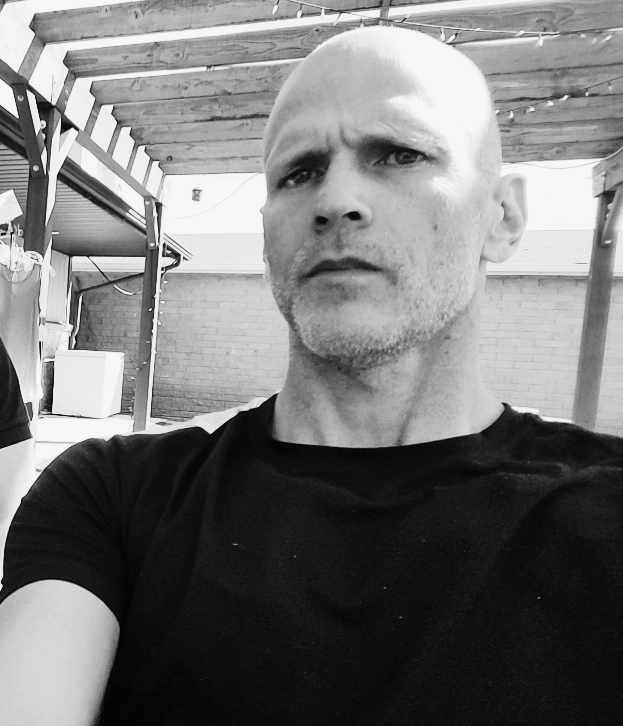At Cells for Cells, we believe that recycling should be more than just a process—it should be a purpose. Thank you for trusting us with your old cell phones, allowing us to do more than simply recycle them. Together, we are turning discarded devices into vital support for families who are facing unimaginable battles.
A Heart-Wrenching Story: The Desch Family

Today, I want to share a deeply emotional story that exemplifies why your choice of recycling partner truly matters. The Desch Family is going through a challenge that no family should ever have to face—both of their children are fighting for their lives. Their daughter, Leona, is bravely battling Leukemia, and the financial and emotional toll on this family is overwhelming.
Through your partnership with Cells for Cells, we are able to channel the recycling dollars from old, broken, or unused cell phones to families like the Desches. While recycling your devices may seem like a small act, it has a massive impact on the lives of those in need.
Why Recycle with Cells for Cells?
Unlike other companies that may resell devices for profit, at Cells for Cells, our primary focus is to provide real help to families in crisis. We’ve raised tens of thousands of dollars for cancer charities by recycling cell phones, and every device you recycle with us allows us to continue supporting families like the Desches.
If you’re a wireless manager or IT asset manager overseeing hundreds or thousands of devices, imagine the impact you can make by choosing to recycle with Cells for Cells. Not only will you ensure that your devices are responsibly and ethically recycled, but you’ll also be directly contributing to a cause that truly makes a difference.
Call to Action: Join Us in Making a Difference
Your decision to recycle with Cells for Cells is a powerful way to make a meaningful impact. I invite you to connect with us today and learn how your company can support families battling cancer through our unique recycling program. Together, we can turn old phones into new hope.
Support the Desch Family and others like them by choosing Cells for Cells for your cell phone recycling needs.
To get started or for more information, visit Cells for Cells.

Jason Clements is the founder of and writer for Cells for Cells. Jason has raised tens of thousands of dollars for Cancer Charities through his recycling program and has helped dozens of families in their battle against cancer.
He lives in Kansas and is an amateur artist.
You can follow Jason on X (Twitter) @jasonclements and Instagram @theartandtimesofjason








